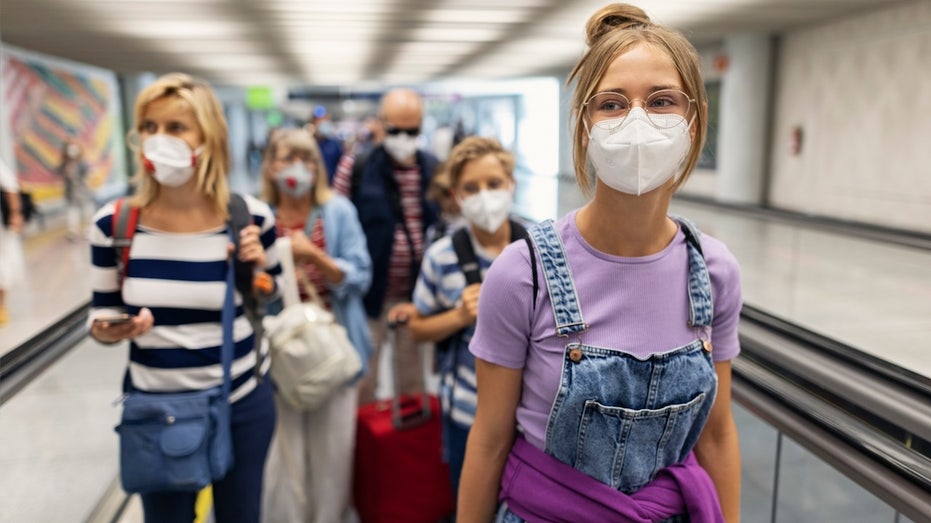Fly Safely Amid Measles Outbreak with These Vital Travel Tips

Sarah Johnson
March 17, 2025
Brief
Measles cases are rising in the U.S., prompting travel warnings and emphasizing the importance of vaccination, hygiene, and proactive measures to prevent the highly contagious virus.
Measles is back on the radar, with more than 220 cases reported across the U.S. as of March 7, according to the Centers for Disease Control and Prevention (CDC). The outbreak originated in Texas, where 223 cases have emerged since late January.
A new case surfaced in Howard County, Maryland, involving a resident who had traveled internationally through Dulles International Airport in Washington, D.C. This case, officials say, is unrelated to the Texas outbreak, but travelers are urged to watch for symptoms if they passed through the airport during the same time frame.
Here’s the scary part: measles is highly contagious—Dr. Marc Siegel, a senior medical analyst for Fox News, explains there’s a 90% chance of catching the virus if you’re unvaccinated and step into a room where someone infected had been within the previous two hours.
In confined spaces like airplanes? The risk skyrockets. Dr. John Whyte, WebMD’s Chief Medical Officer, described measles as "one of the most contagious respiratory viruses," even more contagious than COVID-19. One infected person can potentially spread the virus to 10–15 others.
Protecting yourself while traveling is key. Whyte recommends wearing a mask in high-risk areas, practicing good handwashing habits, and keeping surfaces clean. Virus droplets can linger on surfaces, making hygiene a must.
The tricky thing is timing. Measles symptoms typically don’t appear until four days after exposure, making it tough to pinpoint the source of infection. Whyte suggests travelers confirm their immunity status through a measles titer test—a blood test checking for antibodies.
The measles, mumps, and rubella (MMR) vaccine remains the gold standard for prevention. However, some adults may not recall if they were vaccinated as children. If uncertainty arises, Whyte advises considering a vaccine booster.
For international travelers, the stakes may be even higher. Exposure risks vary by region, and staying up-to-date on vaccinations is critical. Proactive measures like avoiding travel while feeling unwell not only protect yourself but also safeguard others.
Symptoms of measles begin with coughing and sneezing, followed by a red rash that starts on the face and spreads to the body. Though rare, complications like brain swelling and pneumonia can occur, particularly in older adults.
The bottom line? Immunization is your best defense, ensuring minimal risk even if exposed. "That’s the whole beauty of immunization," Whyte emphasized.
Topics
Editor's Comments
Honestly, the fact that measles is making a comeback in 2025 is wild—especially since it’s completely preventable with vaccines. It’s like watching someone ignore their umbrella during a thunderstorm and then complain about getting wet. Public health needs a serious wake-up call here.
Like this article? Share it with your friends!
If you find this article interesting, feel free to share it with your friends!
Thank you for your support! Sharing is the greatest encouragement for us.



